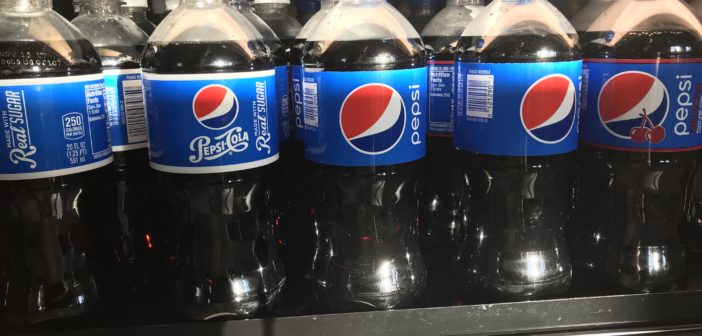After more than two months of public backlash, the Cook County soda tax has been repealed.
The penny-per-ounce-law’s existence has been controversial since its inception in early August. Its death seemed imminent after the Cook County Board’s finance committee voted against it 15-1 on Oct. 10, and a final vote the following day officially sealed its fate.
Board President Toni Preckwinkle emerged as the most notable proponent of the bill, and in a budget address she stressed that repeal of the bill would cost the county the $200 million a year that the tax was expected to raise. She pointed out that this would lead to more austerity measures for Chicago at a time when the budget is already under tremendous stress.
During the tax’s first weeks, Preckwinkle penned an op-ed for Crain’s Chicago Business in which she argued that without the funds from the soda tax, Cook County would have to undergo “draconian layoffs that affect indispensable county services, mostly in the public safety and public health arenas.”
Another prominent defender of the departing tax was former mayor of New York City Michael Bloomberg, who gave his support in the form of millions of dollars worth of advertising from his super PAC.
The ads emphasized the health benefits and the tax’s ability to help combat obesity. Critics’ underlining argument was that it hurts consumers and small businesses. The rhetoric has mainly revolved around claiming Cook County officials are trying to take money from its people because they are unable to budget properly.
They’ve also emphasized the tax’s highly regressive qualities. Chicago Tribune columnist Randy Blaser explained “the burden of paying the tax falls most heavily on the poor.” If the tax is the same for everybody regardless of income level, a poor person is paying a higher percentage of their overall income and is thus more affected than a person with more wealth.
The vote to repeal was ultimately orchestrated by a coalition of the beverage industry, small business owners and elected Republicans, all working to make the tax as unpopular and politically toxic as possible.
The American Beverage Association’s “Can the Tax” coalition led the movement, lobbying commissioners and urging constituents to call their district council members.
According to their website, the tax would “raise beverage prices dramatically, hurting small local businesses and hitting working class families and their jobs the hardest.
The tax will remain in effect until the start of the 2018 fiscal year on Dec. 1.

